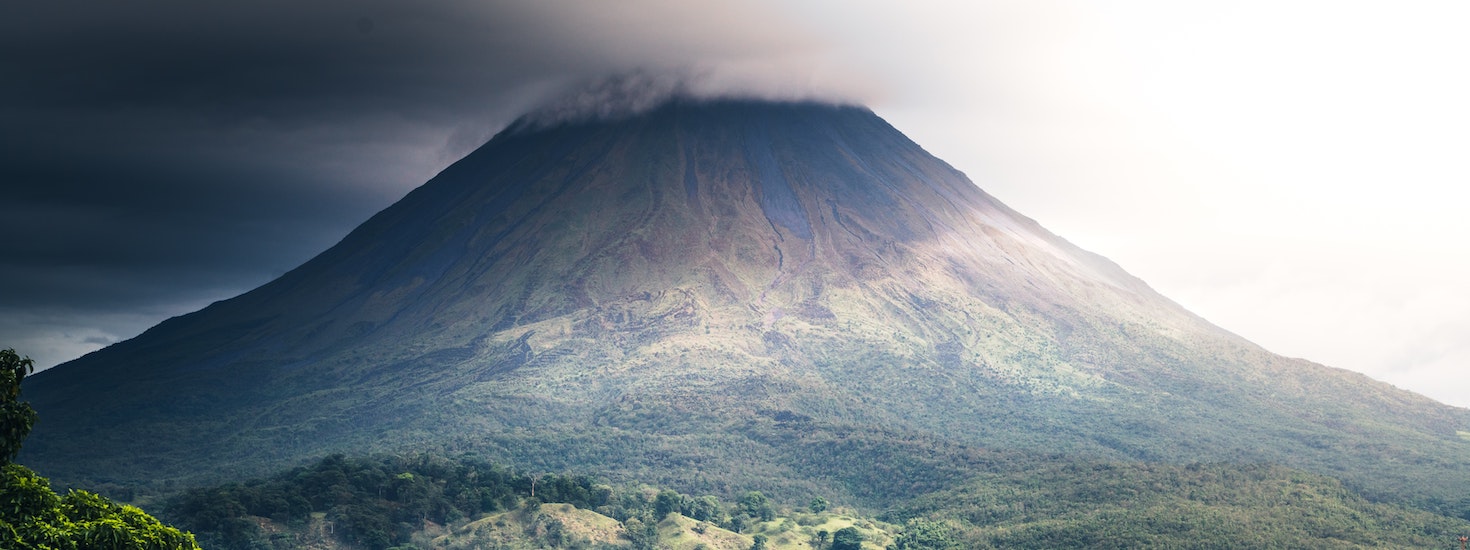Blue zones are regions of the world where it is believed that people live longer, healthier lives due to culture, diet and environmental factors. As processed foods and hectic lifestyles envelop the world, chronic diseases are on the rise despite us living in arguably the healthiest era of humanity to date.
Defined as being homes to some of the world’s oldest people, the term “blue zones” was first coined by author Dan Buettner who was studying people with exceptionally long lives. In the book, “The Blue Zone Solution”, he identifies five regions in Europe, Latin America, Asia and the U.S. where there are not only the highest concentrations of centenarians in the world, but also clusters of people who had grown old without health problems like heart disease, obesity, cancer, or diabetes.
The zones identified in his book include Ikaria, Greece; Loma Linda, California, USA; Sardinia, Italy; Okinawa, Japan; and Nicoya, Costa Rica. And while these five blue zones are most famous, there are many other hotspots around the world with exceptional longevity.
Although a lot of focus is put on the primarily plant-based diets of those living in blue zones – with as much as 95 per cent of daily food intake coming from vegetables, fruits, grains, and legumes – there is also a significantly high level of physical activity, as well as low-stress levels, robust social connections and a strong sense of purpose in each location.
Japan, home to one of the most well researched blue zones in Okinawa, is already leading wellness culture as the world looks for ways to maintain immunity and remain healthy during the pandemic. With its unique hot springs culture, forest bathing, clean-food obsession, sustainable living practices and digital integrations across all industries, 50% of Japanese born in 2007 are expected to reach the age of 107.
For the rest of the world, blue zone status is highly sought after. But how can the wellness industry adapt and learn from blue zones and the lifestyles adopted by arguably the healthiest people in the world?
Building Mini Blue Zones
By living, or operating, under the principles of blue zones, spas, resorts, hotels and wellness retreats can all adapt their offering to mimic the lifestyles and diets of the world-famous blue zones.
For guests, a blue zone lifestyle can begin on-site and be extended throughout their wellness journey, with practices learnt and adopted long after they go home. A blue zone lifestyle can bring a host of benefits, such as weight loss, increased energy, better sleep, improved strength, healthy gut biomes and strong social relationships.
Here are just some ways blue zones can, or already are, changing the wellness industry landscape:
Eat Plant-based
From exceptional meat alternatives to dedicated detoxifying menus, encouraging guests to choose plant-based meals has a wealth of health benefits. Plant-based foods that replicate blue zone diets improve wellbeing as well as reduce the risk of heart disease and blood pressure by focusing on vegetables, legumes, whole grains and nuts.
Get Moving
Instead of offering complimentary yoga sessions or early morning workouts, provide guests with a more long-term exercise option that replicates the constant activeness of blue zone communities. In blue zones, people exercise by accident through how they live their lives. By encouraging walking, running, swimming, and other, easier-to-manage activities, you can break the mental barrier towards exercise by making it a natural part of the stay.
Sleep More
Late check-outs are great for those looking for a lie-in but rarely do these ‘perks’ sync with our circadian rhythms. Encouraging sleep patterns that align better with the circadian rhythms of the locale, guests can get the recommended amount of sleep (at the right time), feel fresher and become more active throughout the day.
Be Social
Robust social connections and socialisation are cornerstones of life in blue zones. From community dining to working together on a shared goal, bringing people together in natural, organic settings can help strengthen ties and create a better sense of purpose – whatever the objective.

